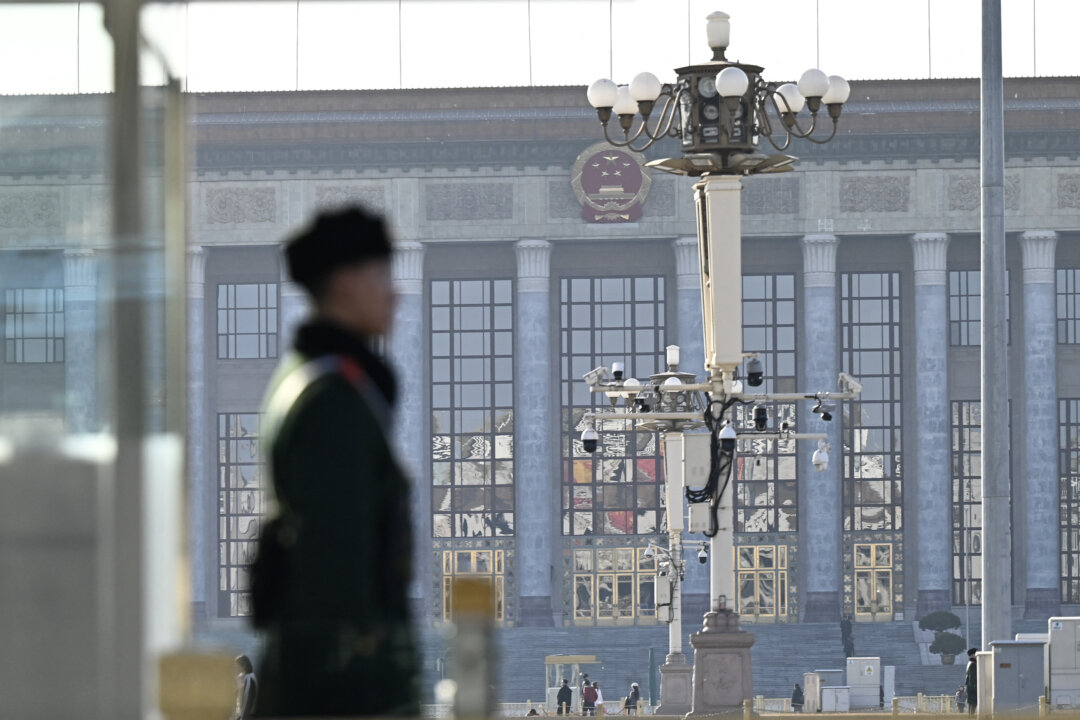News Analysis
The Chinese Communist Party (CCP) leadership on Friday pledged to stabilize the nation’s economy as it grapples with increasing external shocks. Analysts suggest that this goal might be complicated by Beijing’s hard stance in facing U.S. tariffs.
During a closed-door meeting, the Politburo, the CCP’s second-highest leadership panel, urged officials to “coordinate domestic economic work with international trade battles,” according to the official readout.
Chaired by Party chief Xi Jinping, leaders also vowed in the meeting to introduce new “structural monetary policy instruments” along with financial instruments aimed at bolstering technical innovation, shoring up consumption, and stabilizing foreign investments, it added, without elaborating….
Despite the Cost, Politburo Hints at CCP Plan to Continue Trade Fight With US: Analysts

